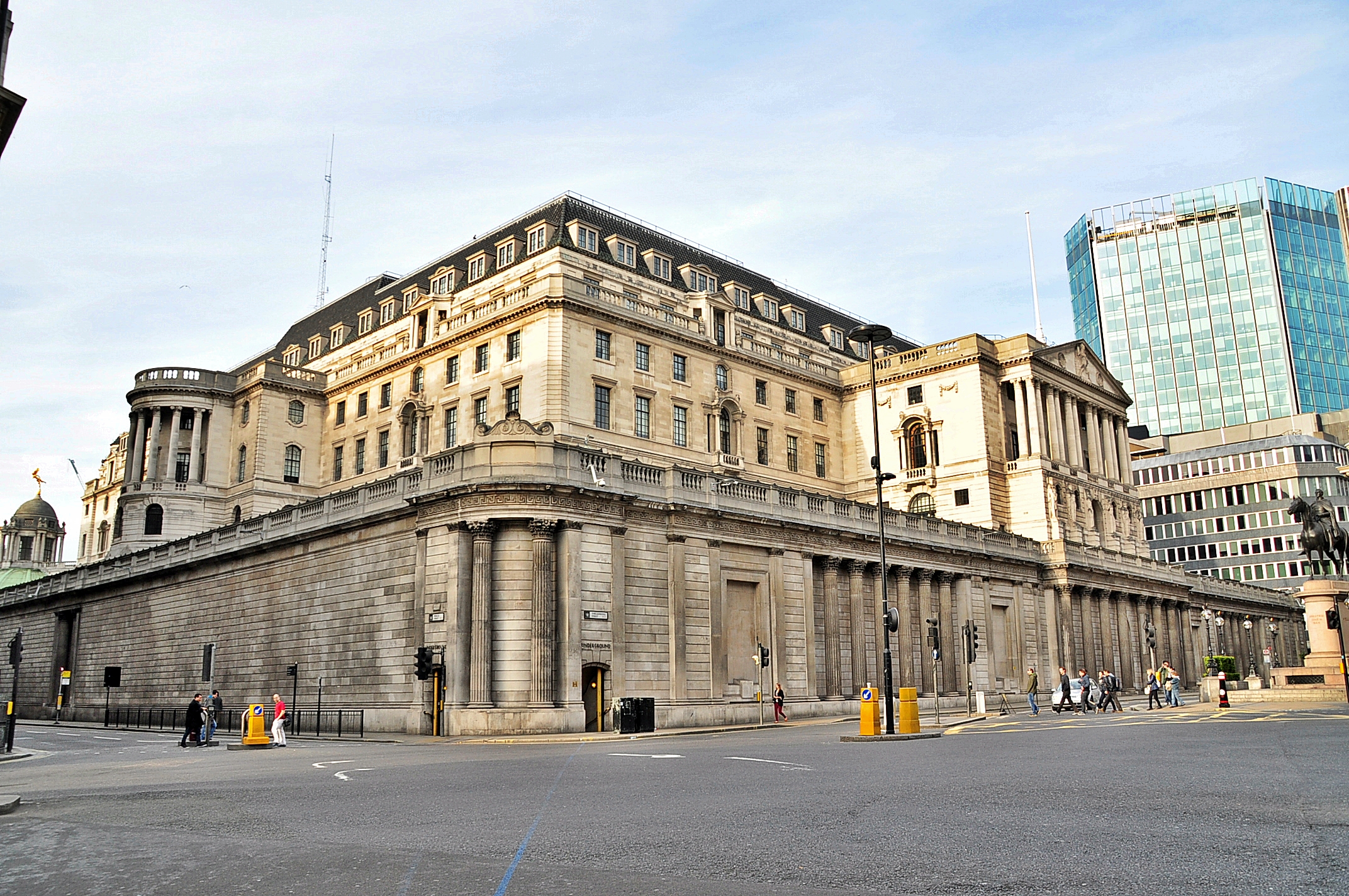Are UK interest rates set for a rise?
By: John Shepperd; Economics Adviser; Butler Toll
20th September 2017
Are we looking at the first increase in the official Bank Rate since July 2007? Financial markets now appear to think so, with all eyes on the next MPC meeting on November 2nd. Perhaps representative of the sharp recent change of view came in a research report from HSBC this week – a firm whose economic output is highly regarded. Having previously expected no change in Bank Rate either this year or next, it is now looking for a 25bp rise in November and another in May of next year.
The main catalyst for the change was the statement issued after last week’s MPC meeting. It said that “some withdrawal of monetary stimulus is likely to be appropriate over coming months”. But equally important in terms of City sentiment was a speech by external MPC member Gertjan Vlieghe. Long considered to be one of the most “dovish” of MPC members, he said just after the MPC meeting that “the appropriate time for a rise in Bank Rate might be as early as in coming months”. The conclusion was that if he is swinging towards a rate rise, then the mood on the MPC as a whole must have clearly shifted towards a tightening move.
What has received less attention are the caveats and conditions in both the formal MPC statement and in what Vlieghe said. The MPC said “underlying pay growth has shown some signs of recovery” and that a Bank Rate move would be justified if we saw “a gradual rise in underlying inflation pressure”. Vlieghe is looking for “rising pay pressure”.
This is the classic justification for a rise in Bank Rate under circumstances of an inflation shock caused by a currency depreciation. If inflation above target (currently heading up to 3% against the 2% target) is only due to the external shock, then traditionally the argument is that a central bank can live with that. But if there is a pass though into domestically generated inflation pressure then action needs to be taken to limit the damage. Hence the importance for the hawkish case of the trend in wage settlements, obviously one of the key determinants of domestic inflation pressure.
The problem is that whatever the MPC and perhaps Vlieghe are seeing has not been apparent in the official data on average earnings. The annual rate of increase has recently been stable at around 2%. The lifting of the public sector pay cap may change that slightly but there appear to be few signs of accelerating wage increases in the private sector, notwithstanding the rise in inflation which has generated real wage losses. The HSBC report noted that “we are unpersuaded that wage growth is picking up”.
So one might argue that the economic case for a Bank Rate rise is at best rather tenuous at the moment, which led HSBC to conclude that a move could be seen as “premature”. Nevertheless, the comments coming from the BoE are telling us that it is now increasingly uncomfortable with the extraordinary low level of base rate (at ¼%) and the time has come for a change. So the expectation that whatever the strength of the underlying rationale, a move is pending on November 2nd. Whether that turns out to be a one-off, just reversing the emergency rate cut last August in response to the Referendum result, or the start of a tightening process, remains highly uncertain.
Please address enquiries to: office@butlertoll.co.uk
Follow us on Twitter: @butlertoll_uk


Sorry, the comment form is closed at this time.